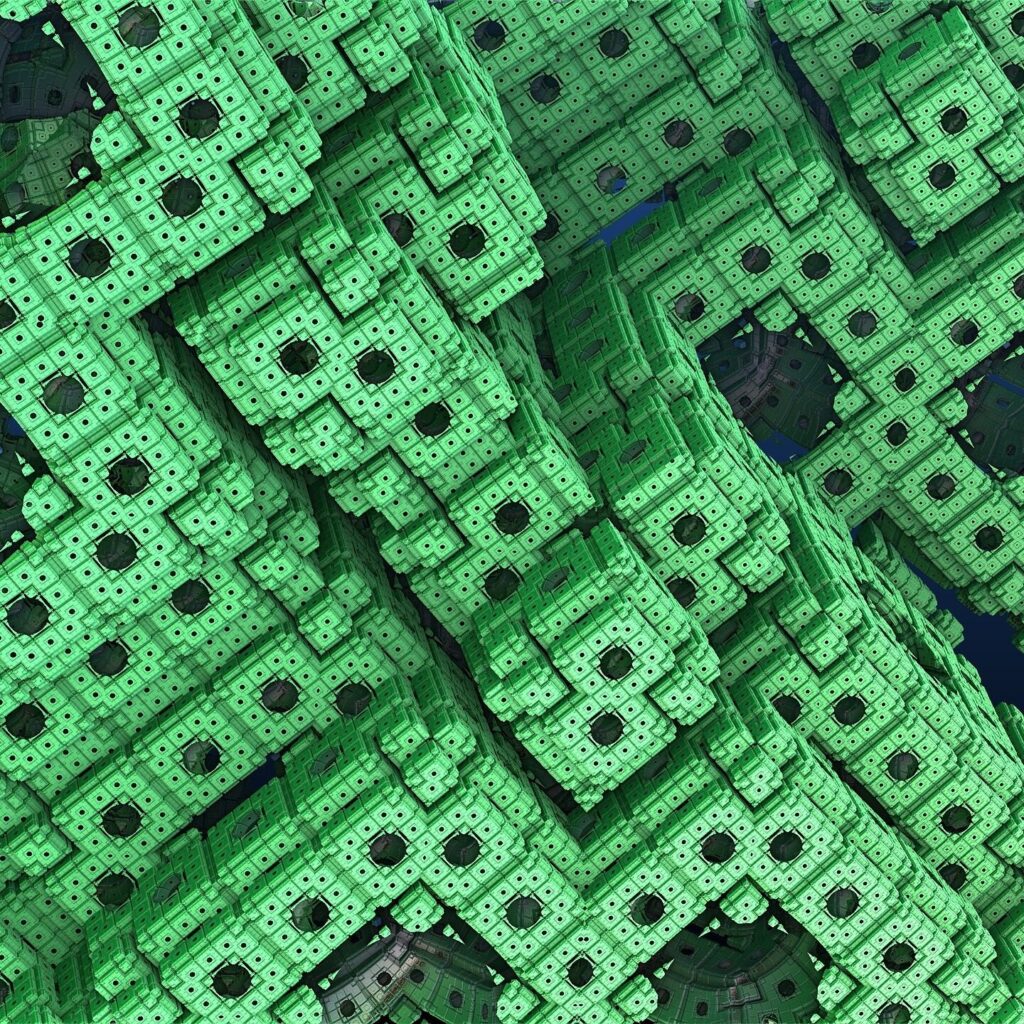
How Innovation Champions Frame the Future: Three Visions for Digital Transformation of Construction
Digital technologies are expected to create transformational change in the construction sector. Previous studies have either anticipated the impact of individual technologies or outlined a number of nontechnology-focused future scenarios. There is comparatively little work on how innovation champions frame the future by combining a range of digital technologies and trends (such as big data, the internet of things, and automation) to transform construction. Drawing on an interview-based study with UK construction professionals, this paper presents three emergent visions for digital transformation of the sector. These visions are efficient construction, user-data-driven built environment, and value-driven computational design.

Reframing Systems Integration: A Process Perspective on Projects
The delivery of large-scale technical systems is achieved through project organizing. The concept of systems integration, with its distinct focus on the systems that projects deliver, is theoretically important as projects become more complex and face significant uncertainty. We reframe systems integration in interorganizational projects as a flexible and adaptive process of making constituent parts of systems work together. This process involves boundary-spanning structures and activities to address emergent complexity and uncertainty (that are both technological and organizational in nature). We discuss implications and highlight areas for further research on projects.

A research agenda on systems approaches to infrastructure
At a time of system shocks, significant underlying challenges are revealed in current approaches to delivering infrastructure, including that infrastructure users in many societies feel distant from nature. We set out a research agenda on systems approaches to infrastructure, drawing on ten years of interdisciplinary work on operating infrastructure, infrastructure interventions and lifecycles. Research insights and directions on complexity, systems integration, data-driven systems engineering, infrastructure life-cycles, and the transition towards zero pollution are summarised. This work identifies a need to better understand the natural and societal impacts of infrastructure interventions under uncertainty. We argue for a change in current approaches to infrastructure: starting from the natural environment and its resources, encompassing societal use of infrastructure and the supporting infrastructure assets and services.

